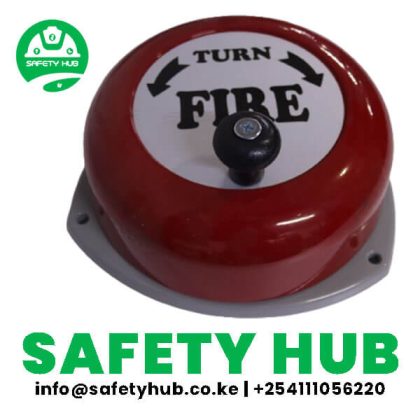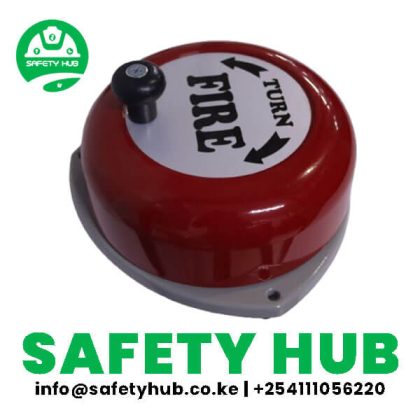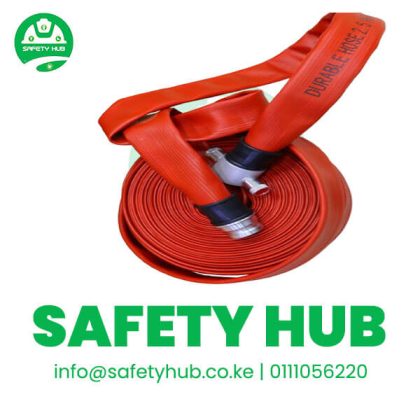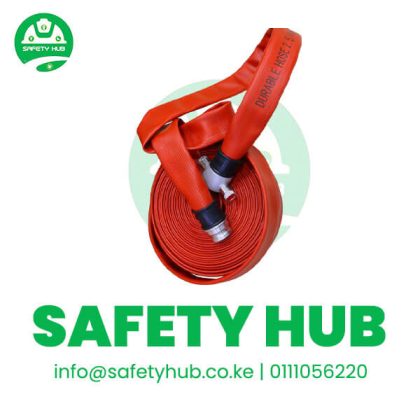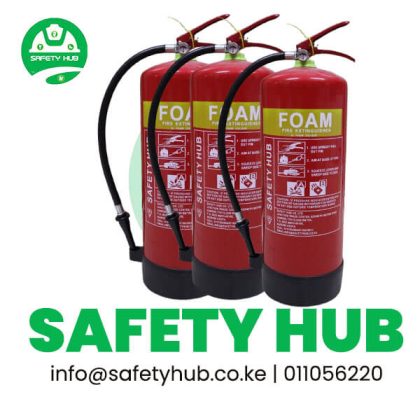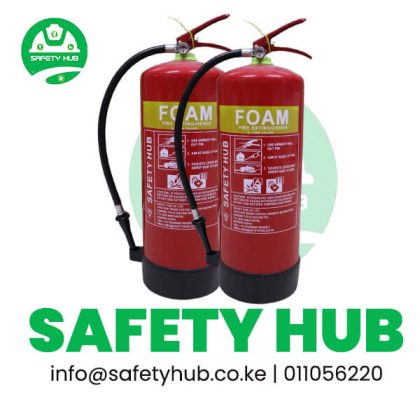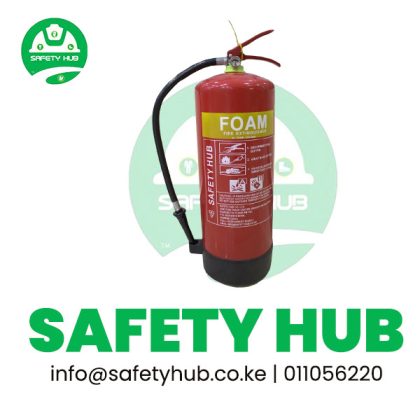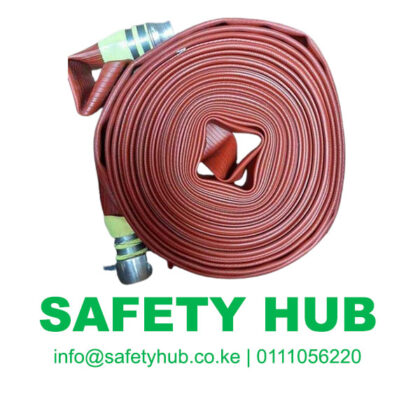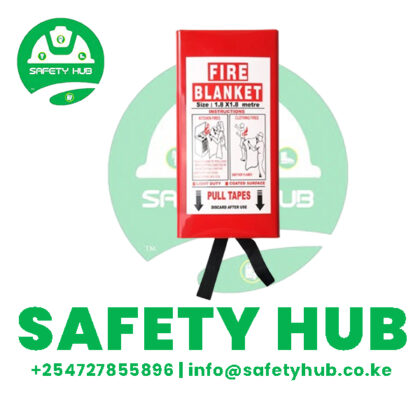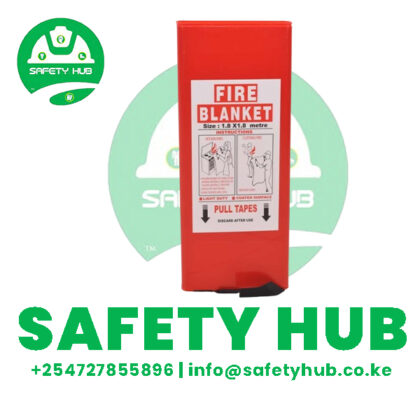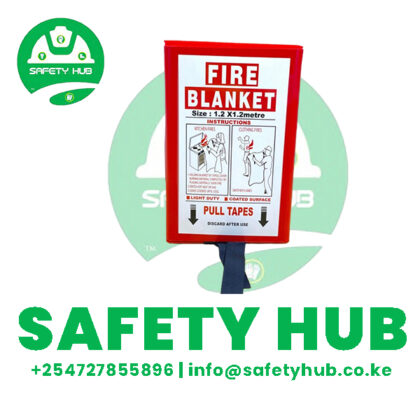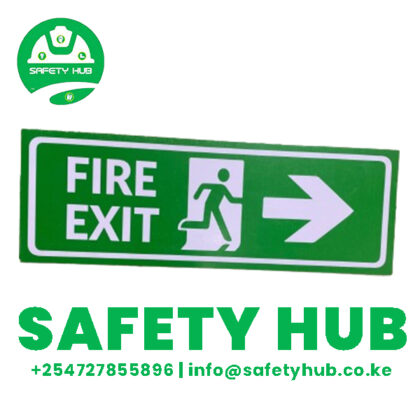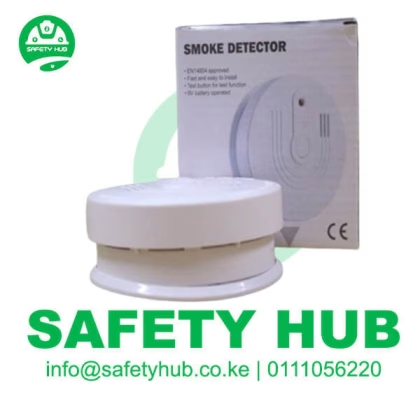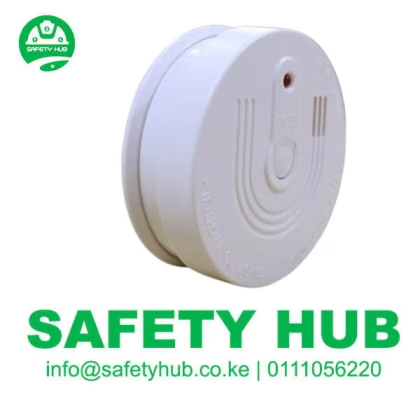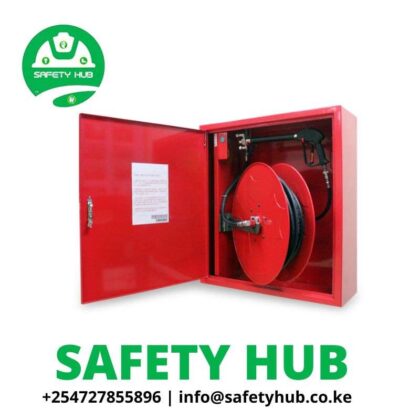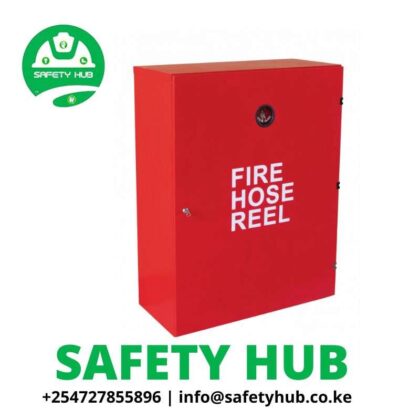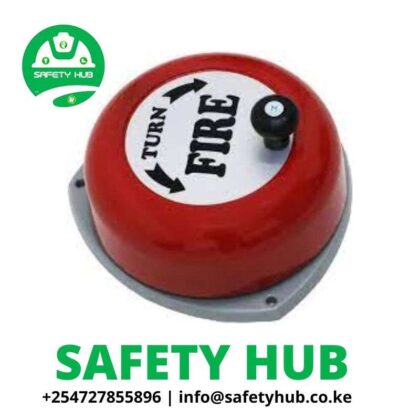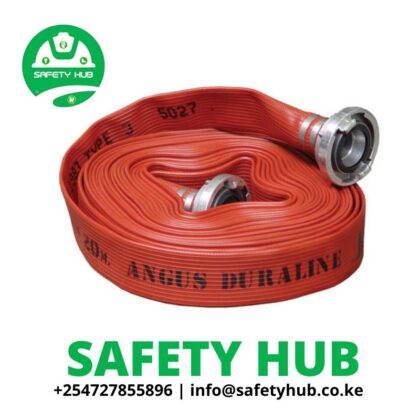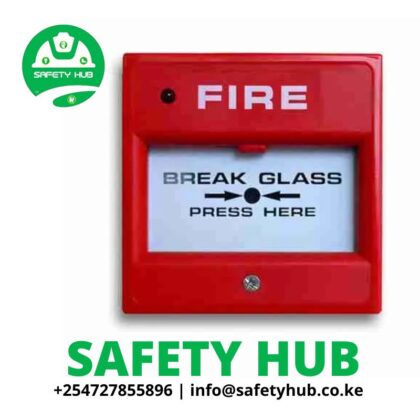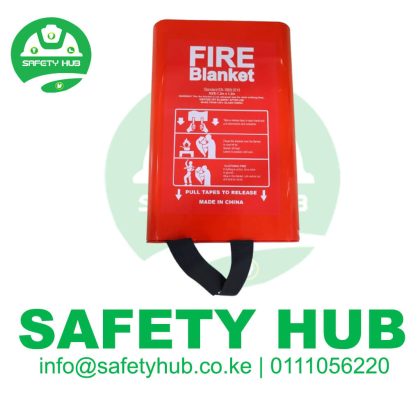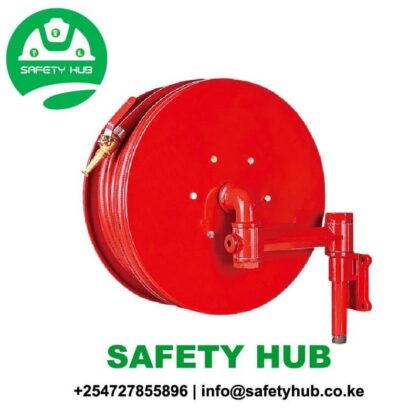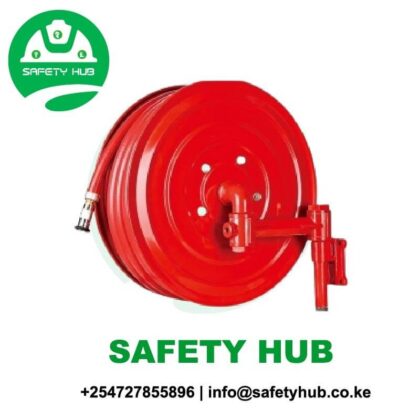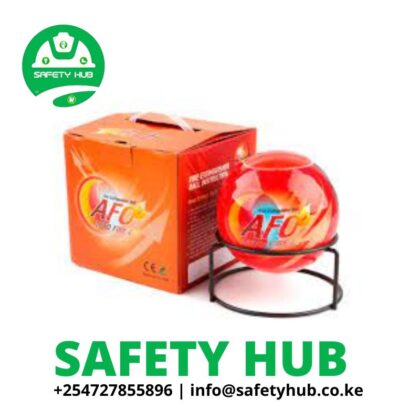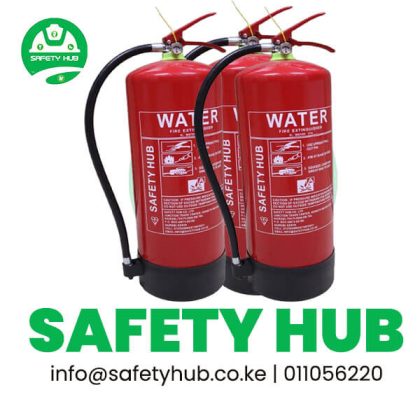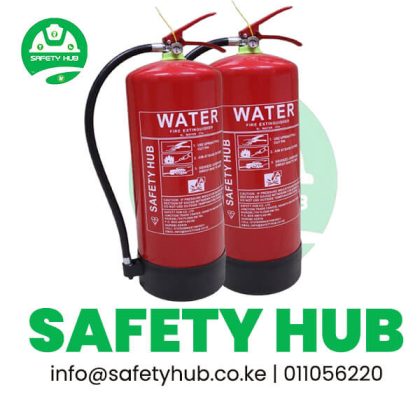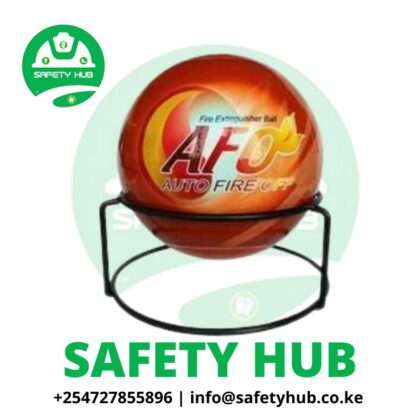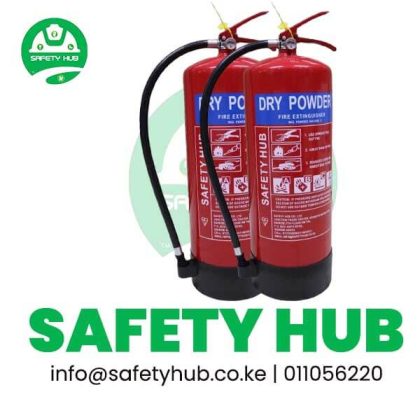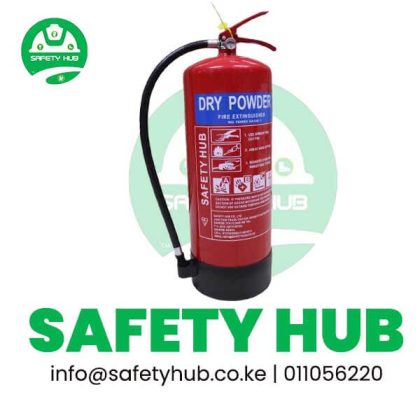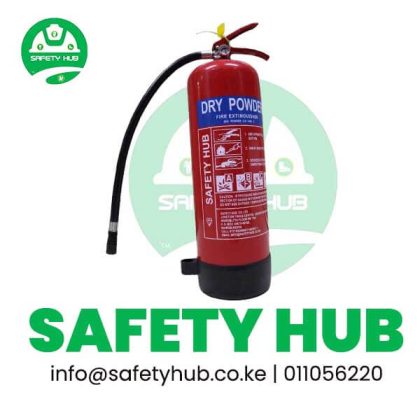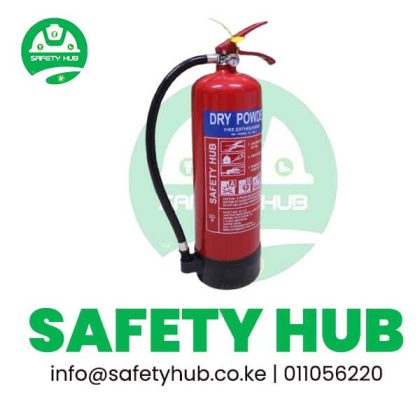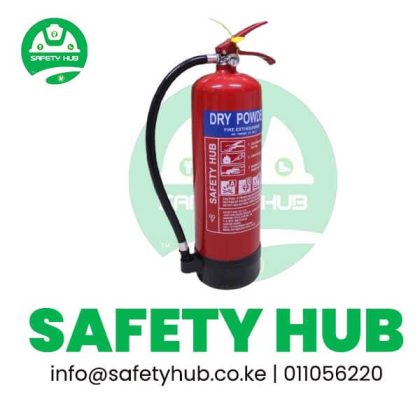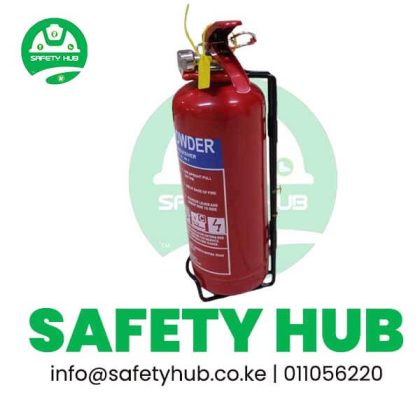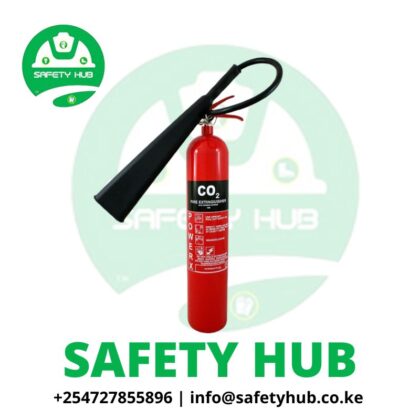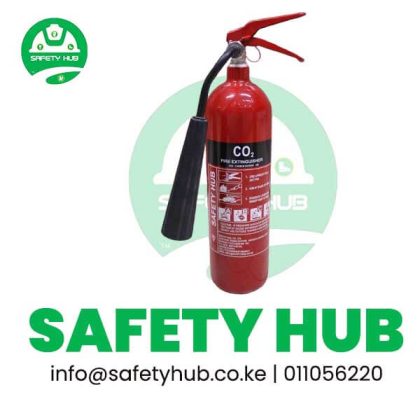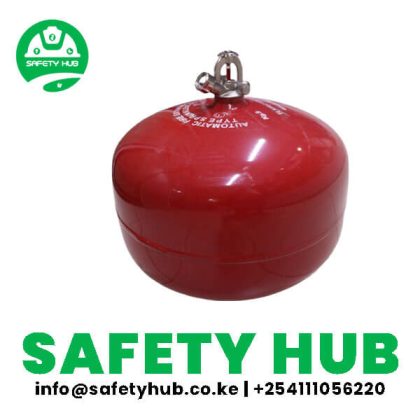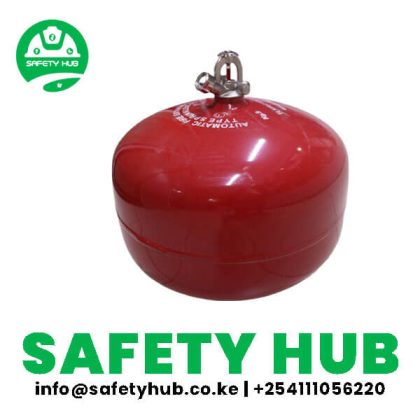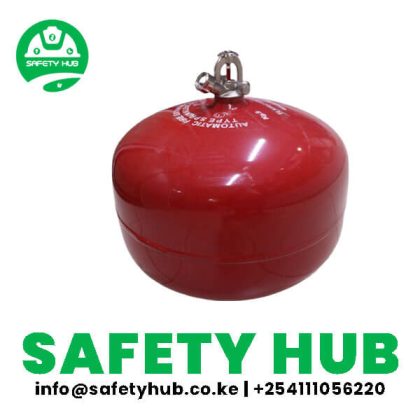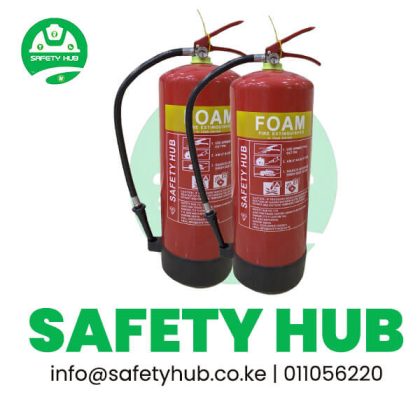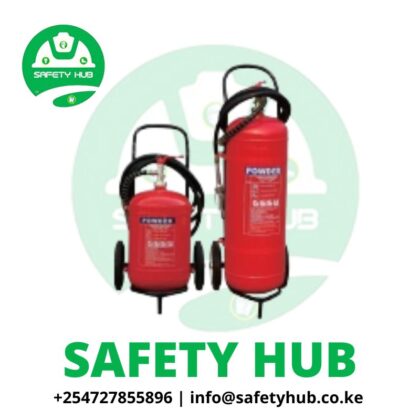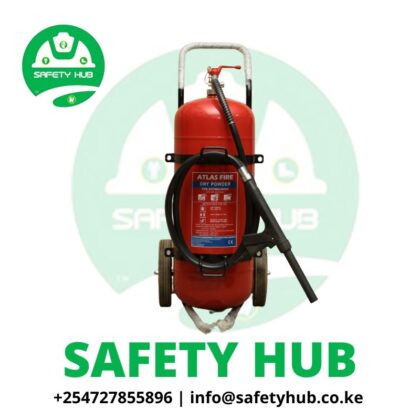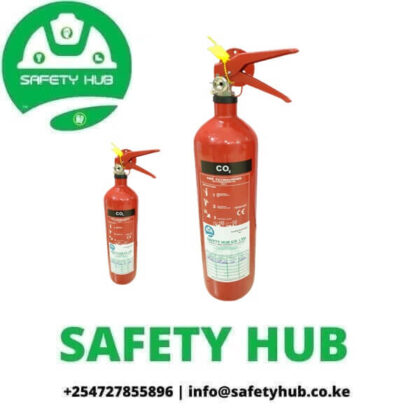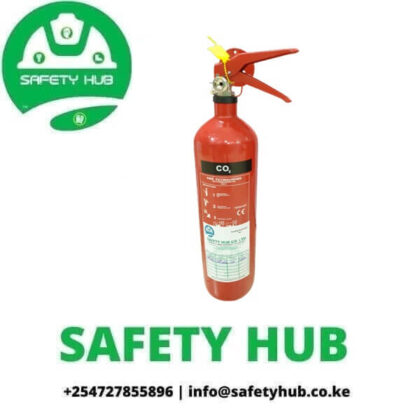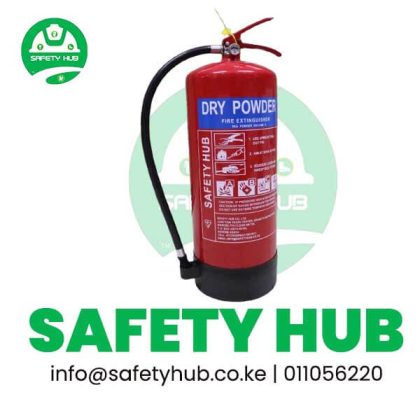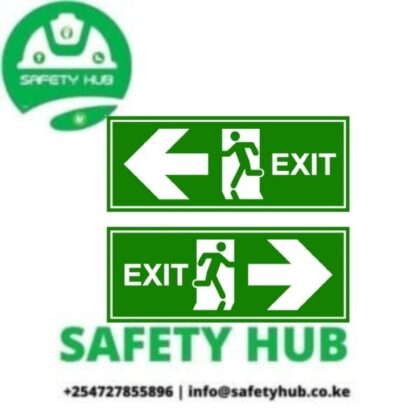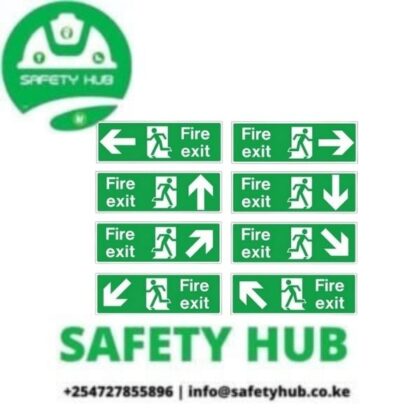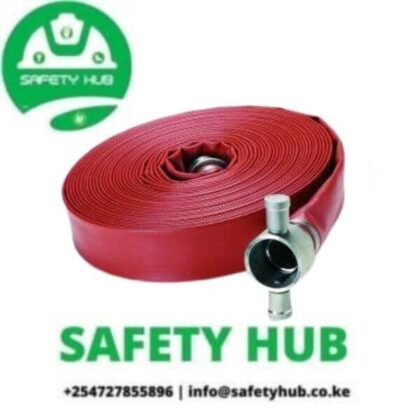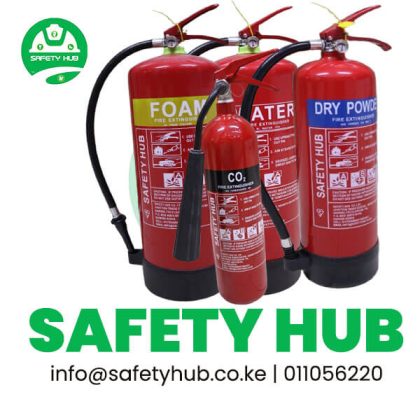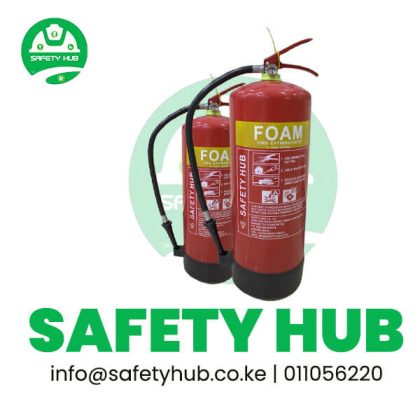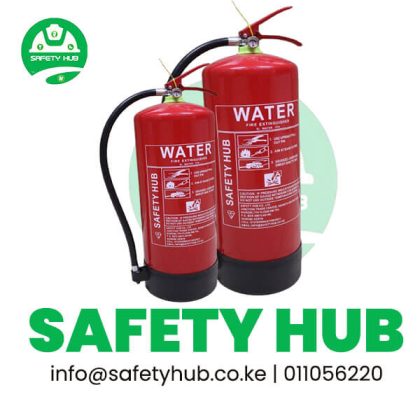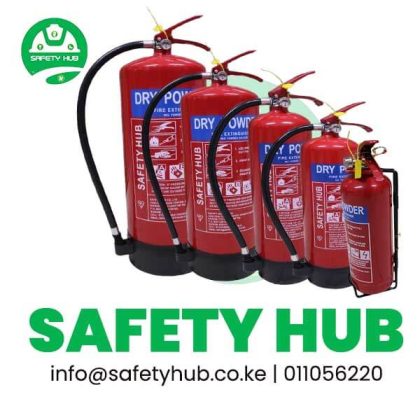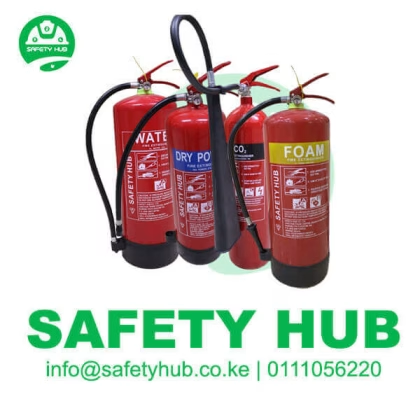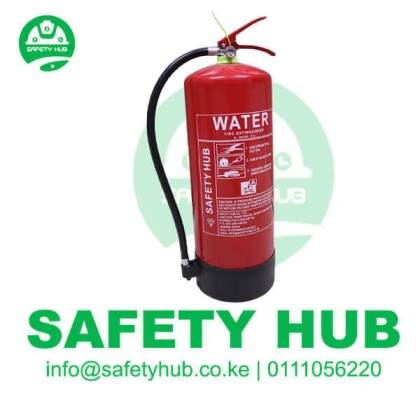- Empty cart.
- Continue Shopping
4 kg fire balls
Original price was: KSh8,500.00.KSh7,000.00Current price is: KSh7,000.00. + VAT -18%6 Litre Water Fire Extinguisher
Original price was: KSh3,800.00.KSh3,500.00Current price is: KSh3,500.00. + VAT -8%Manual fire gong bell
Original price was: KSh4,500.00.KSh3,500.00Current price is: KSh3,500.00. + VAT -22%Durable duraline delivery hose 30 metres
Original price was: KSh25,000.00.KSh20,000.00Current price is: KSh20,000.00. + VAT -20%6 litre foam fire extinguishers price
Original price was: KSh4,500.00.KSh3,500.00Current price is: KSh3,500.00. + VAT -22%9L foam fire extinguisher for sale
Original price was: KSh4,500.00.KSh3,700.00Current price is: KSh3,700.00. + VAT -18%Quality Rubber delivery hose for sale (2.5MM * 30M)
Original price was: KSh26,000.00.KSh24,000.00Current price is: KSh24,000.00. + VAT -8%1.8 by 1.8 Fire Blanket price
Original price was: KSh3,500.00.KSh2,450.00Current price is: KSh2,450.00. + VAT -30%Fire Blanket 1.2 by 1.2 Meters Price
Original price was: KSh3,500.00.KSh2,500.00Current price is: KSh2,500.00. + VAT -29%Fire Exit Signage ( 12 By 4.1 ” inches)
Original price was: KSh1,000.00.KSh500.00Current price is: KSh500.00. + VAT -50%Affordable Standalone Smoke Detector
Original price was: KSh3,000.00.KSh2,500.00Current price is: KSh2,500.00. + VAT -17%Fire Hose Reel cabinet for Sale
Original price was: KSh11,500.00.KSh10,500.00Current price is: KSh10,500.00. + VAT -9%Fire alarm gong bell
Original price was: KSh4,000.00.KSh3,500.00Current price is: KSh3,500.00. + VAT -13%Duraline Delivery Hose for Sale
Original price was: KSh25,000.00.KSh20,000.00Current price is: KSh20,000.00. + VAT -20%Fire Break Glass
Original price was: KSh2,000.00.KSh1,500.00Current price is: KSh1,500.00. + VAT -25%Fire Blanket 1.8m x 1.8m price in Kenya
Original price was: KSh3,000.00.KSh2,500.00Current price is: KSh2,500.00. + VAT -17%Fire Fighting Hose reel ( 3/4 *30M)
Original price was: KSh25,000.00.KSh18,000.00Current price is: KSh18,000.00. + VAT -28%Hot4Kg Automatic fire extinguisher balls for sale
Original price was: KSh8,500.00.KSh7,000.00Current price is: KSh7,000.00. + VAT -18%Hot9 Ltr Water fire extinguisher
Original price was: KSh4,200.00.KSh3,800.00Current price is: KSh3,800.00. + VAT -10%1.3 kg fire ball for sale in Kenya
Original price was: KSh6,000.00.KSh5,500.00Current price is: KSh5,500.00. + VAT -8%9kg Dry Powder Fire Extinguisher
Original price was: KSh5,200.00.KSh3,800.00Current price is: KSh3,800.00. + VAT -27%6 Kg Dry powder pressure type fire extinguisher
Original price was: KSh3,800.00.KSh3,500.00Current price is: KSh3,500.00. + VAT -8%4 kg Dry powder Pressure fire extinguisher
Original price was: KSh3,500.00.KSh3,000.00Current price is: KSh3,000.00. + VAT -14%2 Kg Dry powder Fire Extinguisher
Original price was: KSh2,500.00.KSh2,400.00Current price is: KSh2,400.00. + VAT -4%1kg dry powder fire extinguisher
Original price was: KSh2,000.00.KSh1,800.00Current price is: KSh1,800.00. + VAT -10%5 Kg Carbon Dioxide (CO2) Fire extinguisher
Original price was: KSh7,200.00.KSh7,000.00Current price is: KSh7,000.00. + VAT -3%2 Kg Carbon Dioxide (CO2) Fire Extinguisher
Original price was: KSh4,500.00.KSh4,000.00Current price is: KSh4,000.00. + VAT -11%12 Kg Automatic Dry Powder Fire Extinguisher
Original price was: KSh10,500.00.KSh9,000.00Current price is: KSh9,000.00. + VAT -14%9 Kg Automatic Dry powder Fire Extinguisher
Original price was: KSh8,000.00.KSh7,500.00Current price is: KSh7,500.00. + VAT -6%6 Kg Automatic Dry Powder Fire Extinguisher
Original price was: KSh7,500.00.KSh7,000.00Current price is: KSh7,000.00. + VAT -7%9 L Portable Foam Fire Extinguisher
Original price was: KSh4,500.00.KSh4,000.00Current price is: KSh4,000.00. + VAT -11%25 Kg Dry Powder Trolley Fire Extinguisher
Original price was: KSh30,000.00.KSh29,500.00Current price is: KSh29,500.00. + VAT -2%50 Kg Dry Powder Trolley Fire Extinguisher
Original price was: KSh55,000.00.KSh51,000.00Current price is: KSh51,000.00. + VAT -7%2kg C02 fire extinguishers
Original price was: KSh4,500.00.KSh4,000.00Current price is: KSh4,000.00. + VAT -11%Hot4kg Dry Powder fire extinguisher
Original price was: KSh3,300.00.KSh3,000.00Current price is: KSh3,000.00. + VAT -9%Delivery hose
Original price was: KSh19,000.00.KSh18,000.00Current price is: KSh18,000.00. + VAT -5%Fire Extinguishers
Original price was: KSh5,000.00.KSh4,000.00Current price is: KSh4,000.00. + VAT -20%Brand New Foam Fire Extinguishers
Original price was: KSh3,500.00.KSh3,400.00Current price is: KSh3,400.00. + VAT -3%Water Fire Extinguishers
Price range: KSh3,500.00 through KSh4,000.00 + VATDry Powder Fire Extinguishers
Price range: KSh1,800.00 through KSh3,800.00 + VATFire Extinguishers in Kenya
Original price was: KSh7,500.00.KSh6,800.00Current price is: KSh6,800.00. + VAT -9%Buy Fire Extinguishers in Nairobi – CO₂, Dry Powder, Foam & More
Looking for reliable fire extinguishers in Nairobi? You’re in the right place. At SafetyHub Kenya, we supply and install a wide range of ISO-certified fire extinguishers suitable for homes, offices, factories, schools, and commercial buildings.
We stock all major types including:
-
Dry Powder (ABC) – Ideal for general fire risks including paper, gas, and electrical fires
-
CO₂ (Carbon Dioxide) – Best for electrical equipment and server rooms
-
Foam Extinguishers – Great for flammable liquids and Class A/B fires
-
Water-Based – Simple and effective for Class A fires (wood, paper)
-
Automatic Extinguishers – Hands-free protection for enclosed spaces
Why Choose SafetyHub?
-
Certified fire safety equipment trusted across Kenya
-
Affordable prices with bulk discounts
-
Same-day delivery within Nairobi
-
Professional installation and servicing available
-
Free consultation for offices, schools & construction sites
Need help choosing? Contact us for expert advice on the best extinguisher for your space — whether you’re in Nairobi CBD, Westlands, Industrial Area, or beyond.
ABC Fire Extinguisher Fire extinguisher uses Fire Extinguisher Price
1 Kg powder Ideal for class A , B and C fires Ksh 2000
2Kg Powder Ideal for class A , B and C fires KSH 2500
4 Kg Powder Ideal for class A , B and C fires KSH 3500
6 Kg Powder Ideal for class A , B and C fires Ksh 4000
Foam Fire Extinguisher Quantity Foam Fire Extinguisher Usage Foam Fire Extinguisher Prices
6 Kg Class A and B fires KSH 3,500/=
9 Kg Class A and B fires KSH 4,000/=
Water Fire Extinguisher quantity Water fire extinguisher Usage Water Fire Extinguisher Price
6 Kg Apllicable for Class A fires KSH 3500
9 KG water fire extinguisher Applicable for class A fire and used in big industries. KSH 4000
Carbon Dioxide Fire Extinguisher Quantity Carbon Dioxide Fire Extinguisher Uses Carbon Dioxide Fire Extinguisher Prices in Kenya
2 Kg Carbon Dioxide Fire Extinguisher Ideal for use in electrical fires, but they also work on flammable liquid (class B) fires KSH 4000/=
5 Kg Carbon Dioxide Fire Extinguisher Ideal for use in electrical fires, but they also work on flammable liquid (class B) fires KSH 7000/=

